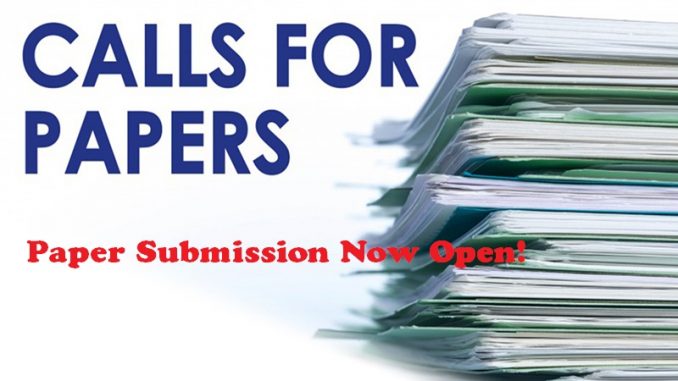
Brain Informatics (BI) started the exploration as a research field with the vision of investigating the brain from the informatics perspective. Firstly, Brain Informatics combines the efforts of Cognitive Science, Neuroscience, Machine Learning, Big Data Analytics, AI and ICT to study the brain as a general information processing system. Secondly, new measurements and informatics equipment, tools and platforms are causing impending revolution to understand the brain. Thirdly, staring from its proposal as a field, Brain Informatics is with the goal of inspiring future Artificial Intelligence, especially Web Intelligence.
BI'19 addresses the computational, cognitive, physiological, biological, physical, ecological and social perspectives of brain informatics, as well as topics relating to mental health and well-being. BI'19 encourages submissions that explore how advanced computing, machine learning and AI technologies are applied to and make a difference in various large-scale brain studies and their applications. The BI'19 will also encourages submissions of new experimental methods, such as toto imaging, deep tissue imaging, opto-genetics and dense-electrode recording are generating massive amounts of brain data at very fine spatial and temporal resolutions. These technologies allow measuring, modeling, managing and mining of multiple forms of big brain data. Brain informatics research creates and implements various tools to analyze all the data and establish a more comprehensive understanding of human thought, memory, learning, decision-making, emotion, consciousness and social behaviors. These methods and related studies will also assist in building brain-inspired intelligence, brain-inspired computing, human-level wisdom-computing paradigms and technologies, improving the treatment efficacy of mental health and brain disorders.
BI'19 welcomes paper submissions (full paper and abstract submissions). Both research and application papers are solicited. All submitted papers will be reviewed on the basis of technical quality, relevance, significance and clarity. Accepted full papers will be included in the proceedings by Springer LNCS/LNAI.
Note for full paper submissions:
1. Authors are strongly encouraged to use Springer LNCS/LNAI manuscript submission guidelines (available at http://www.springer.com/computer/lncs?SGWID=0-164-6-793341-0) for the initial submissions. All papers must be submitted electronically in PDF and DOC/RTF format in the Springer LNCS/LNAI style.
Style files can be download here:
Office 2007 Word: splnproc1703.zip
Word 2003: CS
Proceedings_Author Tools_Word 2003 (last update: April 19, 2011) (zip, 229 kB)
LaTeX2e: llncs2e.zip
2. Although we accept submissions in the form of PDF, PS, and DOC/RTF files, you are strongly encouraged to generate a PDF version for your paper before submitting it. It is highly recommended to use LaTeX to prepare your PDF submission.
Note for abstract only submissions:
Please note that only the accepted FULL papers will be included in the conference proceedings. If you submit an abstract only, and your abstract pass the quick review, you will give an oral or poster presentation during the conference. However, your abstract will NOT be included in the conference proceedings to be published by Springer, but it will be included in the working notes as an informal one to be printed in a local publisher.
As an important part of the conference, the workshop/special session program will focus on new research challenges and initiatives. The workshops may have special invited sessions organized by prominent researchers. Accepted abstract submissions will be included in the conference program and will be published as a single, collective proceedings volume.
Similar to the main conference, there are 2 types of paper submissions that are possible: